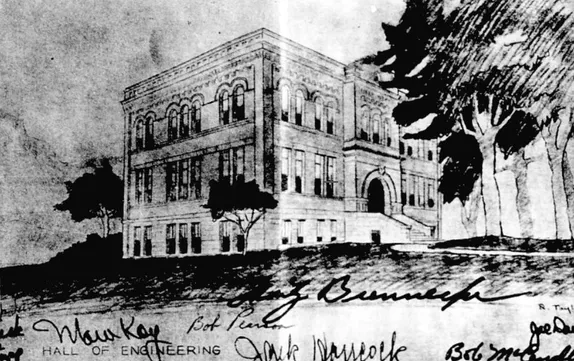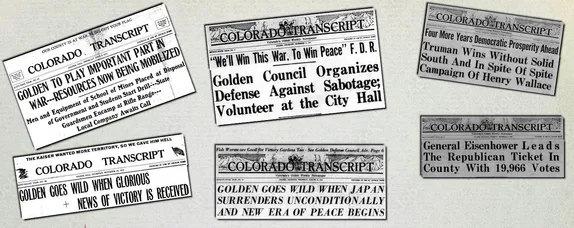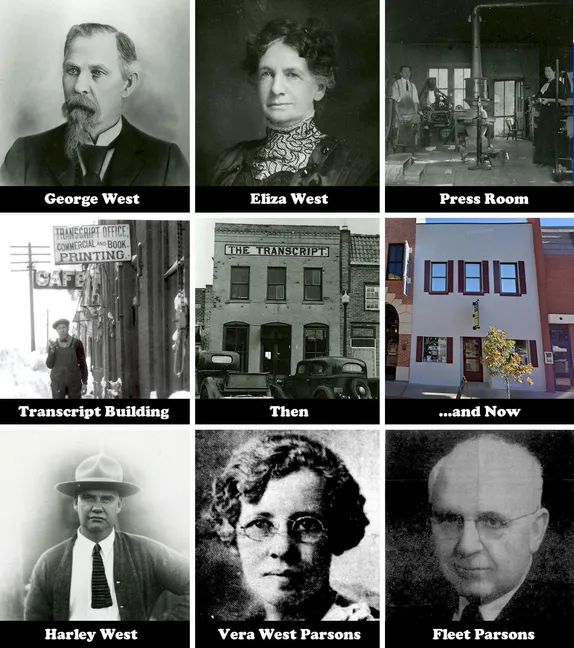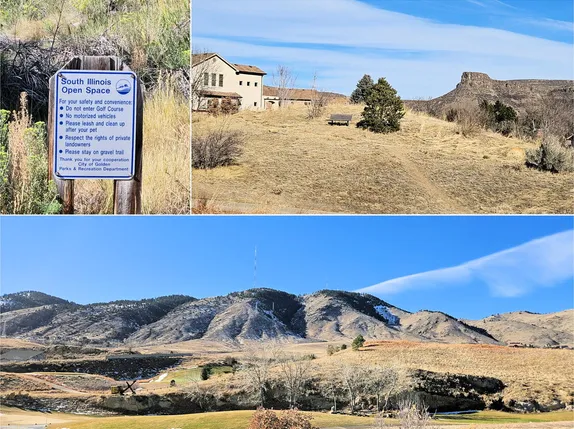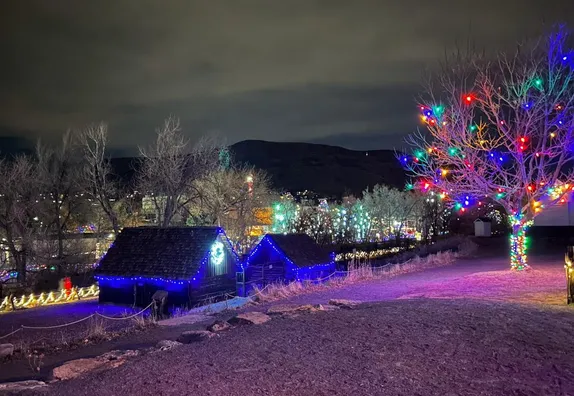115 Years Ago
The lead article in the March 11, 1909 Colorado Transcript is entitled “Urge Citizens to Quell Lawless Reign.” The article states that Golden had, “at not infrequent intervals, street disorders, brawls, assaults and batteries, stabbings and attempted stabbings, desertions of families, attempted murders and tragic killings, all of which have been directly due to the drunkenness produced by Golden saloons. Because of them we have seen men and boys go from here to penitentiary and reformatory. We have often had to bury their victims….”
It went on to say that it was “never wholly safe for a young woman to cross the principal thoroughfare of the town after nightfall on the way to or from church or her work because of the drunken loungers furnished by the saloons.” The article was signed by the Pastors of the Presbyterian, Methodist, and Baptist churches.
That same front page featured “Business Men Issue Protest.” This was a letter in response to the “Anti-Saloon League,” which was waging a campaign to turn Golden into a dry town. It was signed by nearly every business owner in town. These men said that none of those awful things were happening in Golden. “Very little, if any, disorderly conduct can be traced to the Golden saloons…. The Golden police magistrate hardly knows what it is to have a drunk before him, and one policeman day and night suffices for the whole town.”
This letter-writing campaign filled the front pages of the paper from February till the end of March. The “drys” said that saloons would corrupt the Colorado School of Mines boys. The merchants said there was much more drinking in Boulder, Greeley, and Fort Collins–college towns that had gone dry.
One stand-out article appeared on March 18th, when Richard Broad, one of the most staid and respected businessmen in town, wrote a piece called, “Thou Shalt Not Bear False Witness Against Thy Own Community.” He said the ministers had “over-heated imaginations.” He said he’d been in business on Washington Avenue for over twenty years and the city had only grown more peaceful and orderly as the years went by. He added that in twenty-one years he had “never heard of one single case of insult to a woman on our streets.”
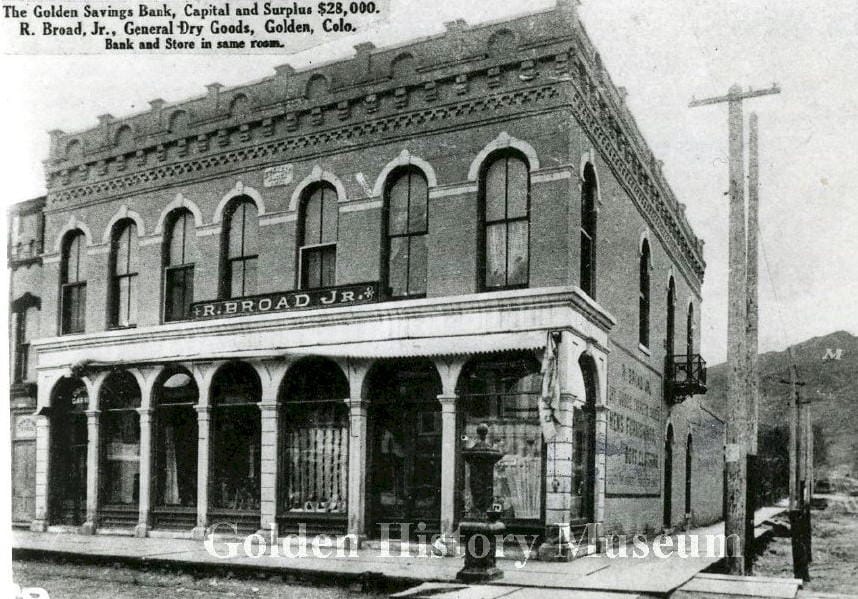
Professor Patton from the School of Mines headed the Golden chapter of the anti-saloon league. He wrote a letter implying that an unnamed “banker” was in partnership with a saloon-keeper, so of course he would defend him.
Richard Broad, chairman of the bank as well as owner of a dry goods store, wrote back that saloon owners did business with the bank–just as Professor Patton had a few years earlier when he had asked investors to back him in a pottery business, which had failed.
Other examples of dirty pool appeared in the paper. The merchants accused the ministers and Professor Patton of being “transients,” and said that non-tax payers should not have a say in running this city. (I checked, and Patton had lived in Golden since at least 1894.)
Another merchant wrote “From limited investigation, it appears that the prime movers in the local option agitation are in the same class with Prof Patton–preachers and other non-taxpayers who are but temporary residents. The estimable lady who visited my house and endeavored to induce my family to sign a ward petition admitted that she was comparatively a stranger in Golden, having lived here less than a year, and that she paid no taxes.”
The “wets” won their point at the April 5, 1909 vote. The anti-saloon option garnered 322 votes while the pro-saloon faction gathered 704 votes. The wetness didn’t last for long. In 1914, the “drys” brought an anti-saloon amendment to a statewide vote. Golden still voted against Prohibition, but the state approved it. Prohibition went into effect in Colorado on January 1, 1916–four years ahead of National Prohibition.

Thanks to the Golden History Museum for providing the online cache of historic Transcripts, and to the Golden Transcript for documenting our history since 1866!


